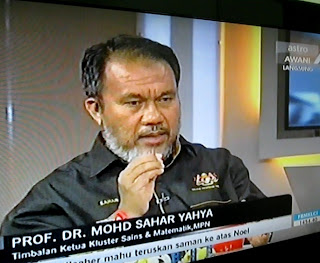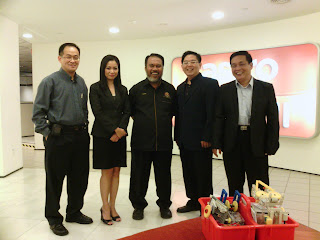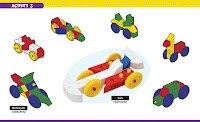We are invited to a live show to show case Mighty Science and Mighty Math programs.
Through our innovative teaching methods, we hope to help students in Malaysia to improve on their UPSR Math & Science scores!
Prof Dr Mohd Sahar Yahya explaining to viewers ways to help students to improve their Science results, including using hands-on Science kits from Mighty Science.
Though I have my fair share of interviews with local media, this is my first time to be interviewed by a foreign media.
Photo taken wth Prof Dr Mohd Sahar Yahya (University of Malaya) at Astro studio
Through our innovative teaching methods, we hope to help students in Malaysia to improve on their UPSR Math & Science scores!
Prof Dr Mohd Sahar Yahya explaining to viewers ways to help students to improve their Science results, including using hands-on Science kits from Mighty Science.
Though I have my fair share of interviews with local media, this is my first time to be interviewed by a foreign media.
Photo taken wth Prof Dr Mohd Sahar Yahya (University of Malaya) at Astro studio











